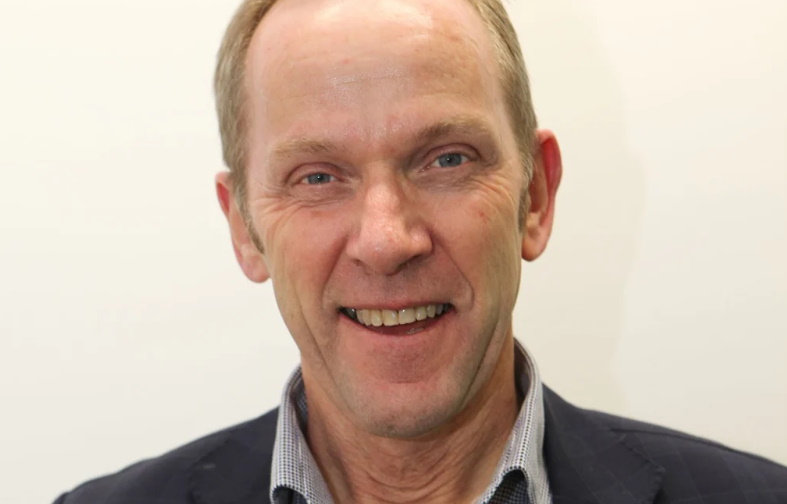Health
Cancer Patients Face Long Waits for Life-Saving Transplants

Patients with blood cancers in New Zealand are facing distressing wait times for life-saving stem cell transplants, with some succumbing to their illnesses while awaiting treatment. According to Professor Peter Browett, a consultant haematologist at Auckland City Hospital and Director of the Centre for Cancer Research at the University of Auckland School of Medicine, the delays significantly impact patient outcomes and can lead to a higher risk of relapse.
Patients are currently waiting for both allogeneic transplants, which involve donor stem cells, and autologous transplants, where patients receive their own stem cells. In Auckland alone, 114 patients are in the queue—61 for allogeneic and 53 for autologous procedures. Wellington has 40 patients waiting, while Christchurch reports 44 patients awaiting treatment.
Delays in receiving these transplants have increased substantially, with many patients waiting an additional two and a half months. For allogeneic transplants, this wait can extend up to four months. Browett noted that the backlog is not solely a logistical issue but is exacerbated by chronic underfunding of transplant services.
“The problem is a reflection of many years of lack of investment in resources,” Browett stated. He emphasized that the growing demand for transplants, driven by an aging population and more complex health needs, has put unprecedented pressure on these critical services.
Health Minister Simeon Brown acknowledged the situation, admitting that long wait times have forced some patients to undergo additional rounds of chemotherapy to manage their conditions while they await transplants. He described this as an unacceptable situation that must be addressed.
In response to the growing demand, Health New Zealand announced plans to increase funding for transplant services in Christchurch and Auckland, with an investment of over $6 million for 2024/2025 aimed at expanding the workforce and services. However, Browett noted that any capacity increases would require sustained funding beyond the initial boost.
“Any capacity increases from the first funding decision were only sustainable if further increases were confirmed,” he explained. Recent communications from Health New Zealand indicated that while funding was considered, it was not prioritized for the start of the 2025/26 year.
Dr. Richard Sullivan, Chief Clinical Officer at Health New Zealand, stated that urgent work is underway to plan for the next increase in investment. However, Browett cautioned that resolving the issues plaguing the transplant service will not be straightforward.
“It’s not a quick fix,” he said. “This will need an investment across health professionals as well as additional facilities.”
As the situation continues to evolve, Browett and his colleagues advocate for their patients, who often face not only the physical toll of their illness but also the emotional strain of prolonged waiting periods. The impact on both patients and their families, he noted, is profound and difficult to quantify.
Moving forward, the healthcare system must address the growing need for transplant services, ensuring that patients receive timely and effective care in their fight against cancer.
-

 Sports2 months ago
Sports2 months agoNetball New Zealand Stands Down Dame Noeline Taurua for Series
-

 Entertainment2 months ago
Entertainment2 months agoTributes Pour In for Lachlan Rofe, Reality Star, Dead at 47
-

 Entertainment4 weeks ago
Entertainment4 weeks agoNew ‘Maverick’ Chaser Joins Beat the Chasers Season Finale
-

 Sports7 days ago
Sports7 days agoEli Katoa Rushed to Hospital After Sideline Incident During Match
-

 Sports2 months ago
Sports2 months agoSilver Ferns Legend Laura Langman Criticizes Team’s Attitude
-

 Politics1 month ago
Politics1 month agoNetball NZ Calls for Respect Amid Dame Taurua’s Standoff
-

 Entertainment2 months ago
Entertainment2 months agoKhloe Kardashian Embraces Innovative Stem Cell Therapy in Mexico
-

 Sports5 days ago
Sports5 days agoJamie Melham Triumphs Over Husband Ben in Melbourne Cup Victory
-

 World3 months ago
World3 months agoPolice Arrest Multiple Individuals During Funeral for Zain Taikato-Fox
-

 Sports3 months ago
Sports3 months agoGaël Monfils Set to Defend ASB Classic Title in January 2026
-

 Entertainment1 month ago
Entertainment1 month agoTyson Fury’s Daughter Venezuela Gets Engaged at Birthday Bash
-

 Sports1 month ago
Sports1 month agoHeather McMahan Steps Down as Ryder Cup Host After Controversy





















